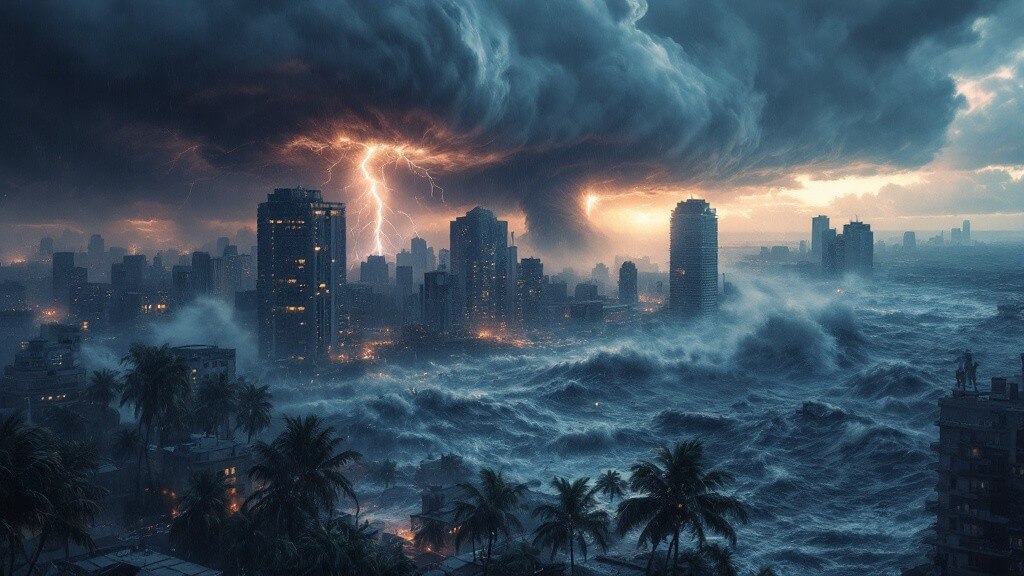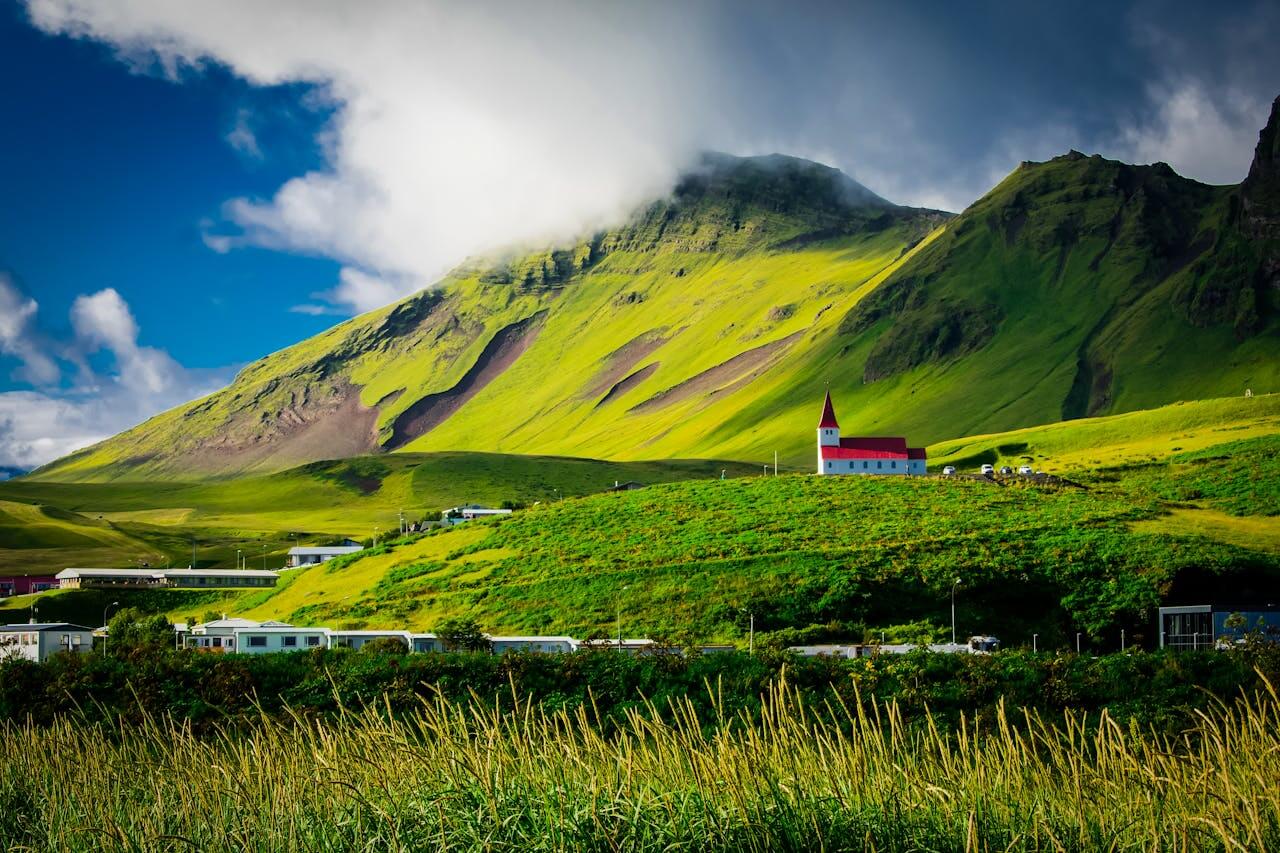With global crises, climate change, pandemics and economic turmoil on the rise, research on a possible global collapse scenario suggests that some countries may be more resilient to these disasters. Studies conducted at Anglia Ruskin University’s Global Sustainability Institute suggest that countries with certain geographical and socio-economic characteristics have a better chance of survival in the event of societal collapse. So which are these countries and why?

List of Resilient Countries
Research highlights five countries with high potential to survive in a global collapse scenario:
- New Zealand
- Iceland
- Tasmania (Australia)
- Ireland
- United Kingdom
Why These Countries?
The main factors that increase the survival potential of these countries are:
- Island Location and Isolation: All these countries are located on islands or island continents. This geographical feature helps reduce mass migrations and pressure on resources.
- Climate Stability: Regions such as New Zealand, Iceland, Tasmania and Ireland offer conditions that are more resilient to climate change, with low temperature and rainfall variability.
- Local Energy and Agricultural Resources: Factors such as geothermal and hydroelectric power generation, abundant agricultural land and low population density help these countries achieve energy independence and food security.
New Zealand

Thanks to its geothermal and hydroelectric energy potential, vast agricultural land and low population density, it stands out as the safest country in a global collapse scenario.
Iceland

Access to renewable energy sources and low population density make Iceland a “survival spot”.
Tasmania (Australia)

Tasmania is notable for its milder climate and renewable energy sources compared to the mainland.
Ireland

With growing agricultural and renewable energy capacity, Ireland is increasing its resilience. However, its small geographical area and dependence on fossil fuels pose some challenges.
United Kingdom

It presents a more difficult picture due to its complex energy mix and high population density. Despite having fertile soils, the amount of agricultural land per capita raises questions about future self-sufficiency.
Expert Opinions and Criticisms
Prof. Aled Jones, Director of the Global Sustainability Institute at Anglia Ruskin University, said: “Significant changes are possible in the coming years and decades. The impact of climate change, including increased frequency and intensity of droughts and floods, extreme temperatures and larger population movements, could determine the severity of these changes.” But some experts argue that these models are oversimplified and do not adequately take into account factors such as military power. Some academics, such as Joseph Tainter, argue that the advantages of island nations are overstated and that in the event of collapse, societies could survive by returning to an agricultural workforce.
Is it Possible to Increase Resilience?
While research suggests that certain countries may be more resilient to possible global collapse scenarios, it is difficult to make a definitive prediction. The authors emphasize that the purpose of this study is not to prepare countries for an apocalyptic scenario, but to focus on reducing potential risks by making improvements in sustainability and resilience. As the importance of global cooperation and sustainability efforts reemerge once again, the measures countries will take in energy independence, food security and resource management will play a critical role in increasing their resilience against potential disasters.
Precautions for the Future
Steps that can be taken to increase the chances of survival in a global collapse scenario include switching to renewable energy, adopting sustainable agricultural practices, containing population growth and strengthening international cooperation. These steps must be planned and implemented in a way that provides a common benefit to all of humanity, not just specific countries. Measures to counter resource depletion and the impacts of climate change are vital to preventing or mitigating future crises. Therefore, the whole world, not just specific countries, must act in unity and develop common solutions for a sustainable future.


 ByKus
ByKus Historia
Historia Logos
Logos Humanitas
Humanitas Mythos
Mythos Theologia
Theologia Persona
Persona Quid
Quid Gestae
Gestae Politico
Politico Mundialis
Mundialis Oeconomia
Oeconomia Athletica
Athletica Technologia
Technologia Medicina
Medicina Scientia
Scientia Astronomia
Astronomia Academia
Academia Lingua
Lingua Bibliotecha
Bibliotecha Instutia Online
Instutia Online Naturales
Naturales Humaniores
Humaniores Aesthetica
Aesthetica Cinemania
Cinemania Pictura
Pictura Sculptura
Sculptura Architectura
Architectura Musica
Musica Artificia
Artificia Atari
Atari











